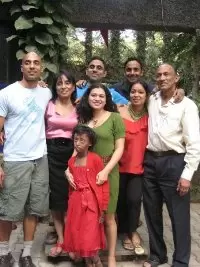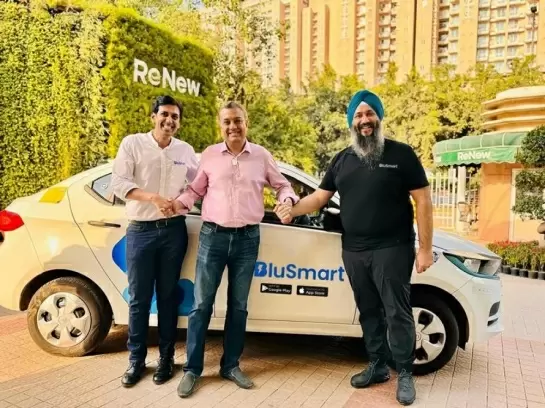Helping a child find a suitable home through adoption

11-February-2011
Vol 2 | Issue 6
Adoption is a very human issue, declares Dr Aloma Lobo, who is chairperson of the Adoption Co-ordination Agency of Karnataka and the immediate past chairperson of the Central Adoption Resource Authority (CARA), Union Ministry of Women and Child Development, New Delhi.
Having facilitated several adoptions in the last many years, she makes a definitive statement: “I do not help to find a child for a family, but a family for a child - and it makes a huge difference.”
A doctor by profession, Aloma, along with her husband David decided to adopt a baby girl about 30 years ago after having three sons of their own. Subsequently they adopted two more girls. Today the first two daughters are married and have their own homes.
 |
|
Picture Perfect Family: Aloma Lobo, mother of three sons, adopted three girl children to bring daughters into her home
|
“For me what is important is not the legal issue (involving adoption), but the human issue. Every couple has a different story and every child comes with a different story too and so it is a great responsibility to find the right family for the child,” she says.
When Aloma adopted her own first girl child, many people looked at her curiously, especially since they already had three male children of their own. “Then the curiosity turned to questions about how they need to go about adopting a child and the stigma started getting lighter. That’s how I got involved in the adoption process. I wanted to create awareness about adoption, as it brought a dimension to our lives that we did not know existed,” says Aloma.
Thirty years ago, she says, there were many children available for adoption, but few families who wanted to adopt. Today there are fewer children in the adoption stream who are legally made free for adoption. “It’s because there are a lot more checks and balances that have been put in place, which is really good. The stigma too is almost gone today and from statistics we find there are more girls adopted in South India (than in other parts of the country). But we still have a long way to go,” she says.
The average person who adopts in the present times is urban, well educated and widely travelled. Therefore the spouses discuss the decision before going in for adoption. “Almost always it is the wife who initiates the adoption process and sometimes it could even be the mother- in-law,” reveals Aloma. But what she feels strongly about is that everyone looks for bouncing healthy babies and almost never at the ‘other’ child with special needs. “Children with medical, physical and emotional needs are never looked at. With adequate counselling and support, adoption of these children should also be looked at favourably,” she requests.
As soon as the adoption process is over Aloma cuts contact with the children and their adoptive parents. “I keep away unless specifically requested by the parents. I am only an instrument and I do not believe in keeping count of numbers and contacts of the children I help place.”
However, as Aloma says: “A child I fostered 25 years ago made contact with me via Facebook and I was thrilled!” These are the moments which make the whole exercise all the more worthwhile for this woman with a nurturing heart.














